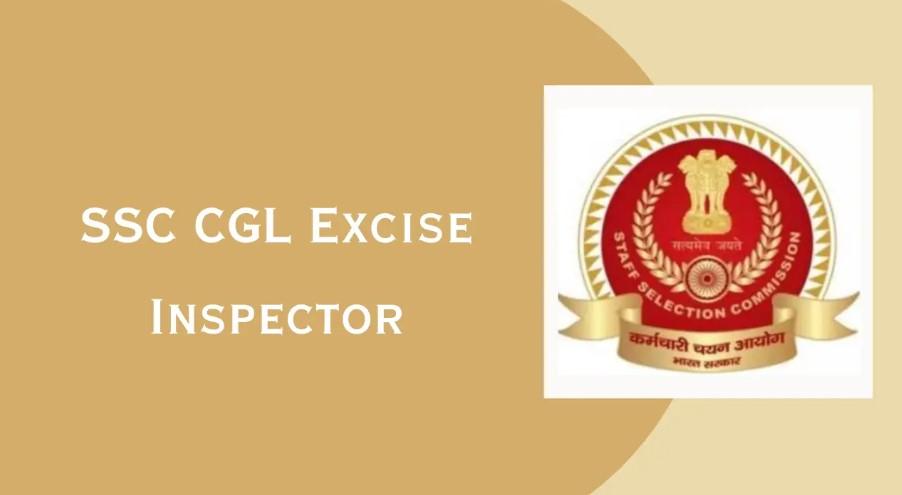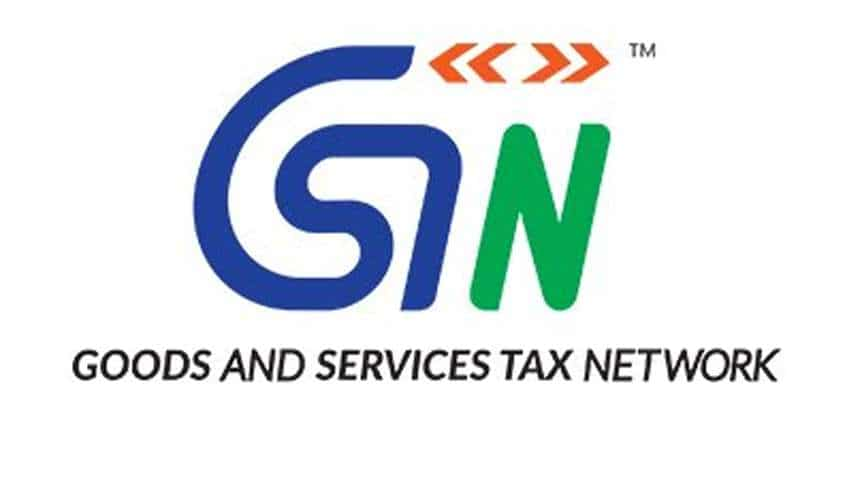Amid a looming revenue shortage, the government has begun a nation-wide audit of goods and services tax (GST) returns for the 2017-18 financial year. It is sending notices to companies across the board, seeking details on GST and income tax (I-T) returns, much ahead of the due date for annual filing.
The taxpayers are being asked to furnish detailed records of GST forms, income tax papers and other documents for detailed records for FY2018. Tax authorities had issued a detailed GST manual telling at least 70% of taxpayers in each commissionerate have to be audited. (As reported by ET – Refer Link Below)
In the notices, 12 sets of documents have been sought — details of business agreements on purchase and sales, sample copies of invoices and bills for the period of audit, returns of both taxes and on taxes deducted at source, input service invoices, cost audit reports, electronic cash/credit ledgers and the like.
“You are hereby directed to attend in person or through an authorised representative conversant with activities of the firm/company…along with following self-attested documents and records…required for audit,” reads one such notice.
The instruction is that audit of large units be completed within seven working days, of medium units in five working days and of small ones in three.
The GST Council had on December 18 extended the final date for filing of Forms GSTR-9 (annual return) and GSTR-9C (reconciliation statement) for 2017-18 to January 31, 2020, from December 31, 2019.
To stop revenue leakages, an agreement is expected between the Central Board of Direct Taxes, Central Board of Indirect Taxes and Customs (CBIC) and the GST Network (GSTN, information technology backbone for this levy) to exchange data on a quarterly basis, instead of an annual basis.
“Notices have been sent to those who have already filed their annual return and reconciliation statements. More will be sent out as and when more returns are filed,” said a government official.
Last month, the government had simplified these forms, saying this would help timely filing. GSTR-9 is to be filed yearly by those registered under GST, comprising detail on outward and inward supplies during the relevant previous year under different heads i.e CGST, SGST, IGST and HSN codes. This helps in reconciliation of data and returns filed monthly or quarterly.
However, this move may lead to unnecessary harassment of taxpayers.
“There has been no policy statement as to how and when these audits would be conducted and given that most big unit have multi state registrations, it will be a herculean task to get the audit done in all the states for each year,” said partner at EY.














